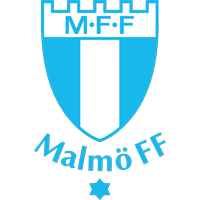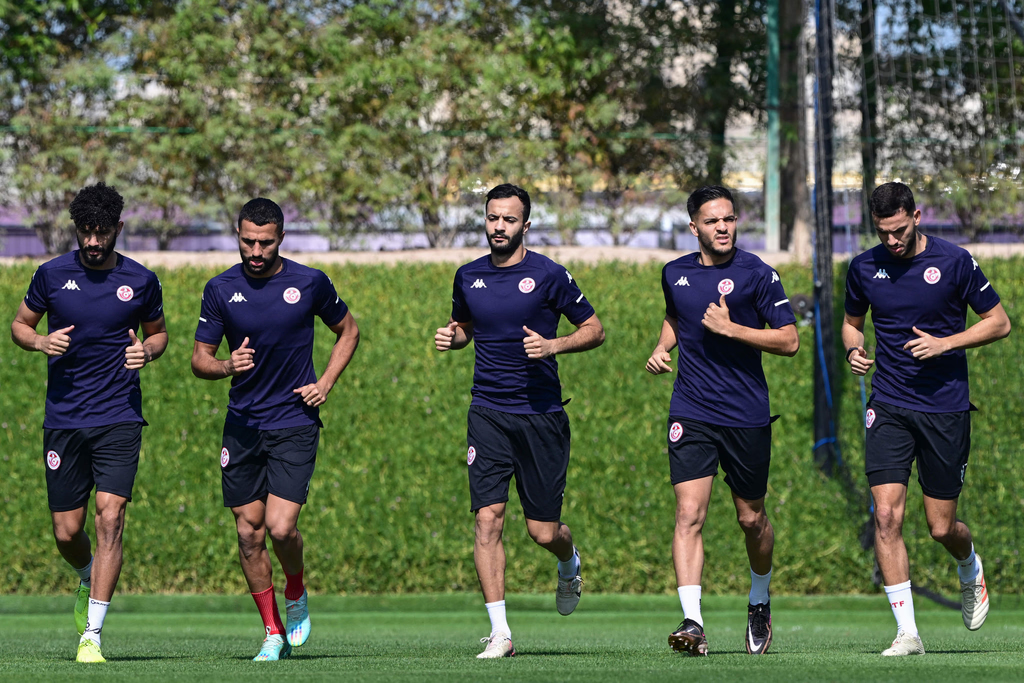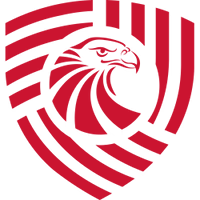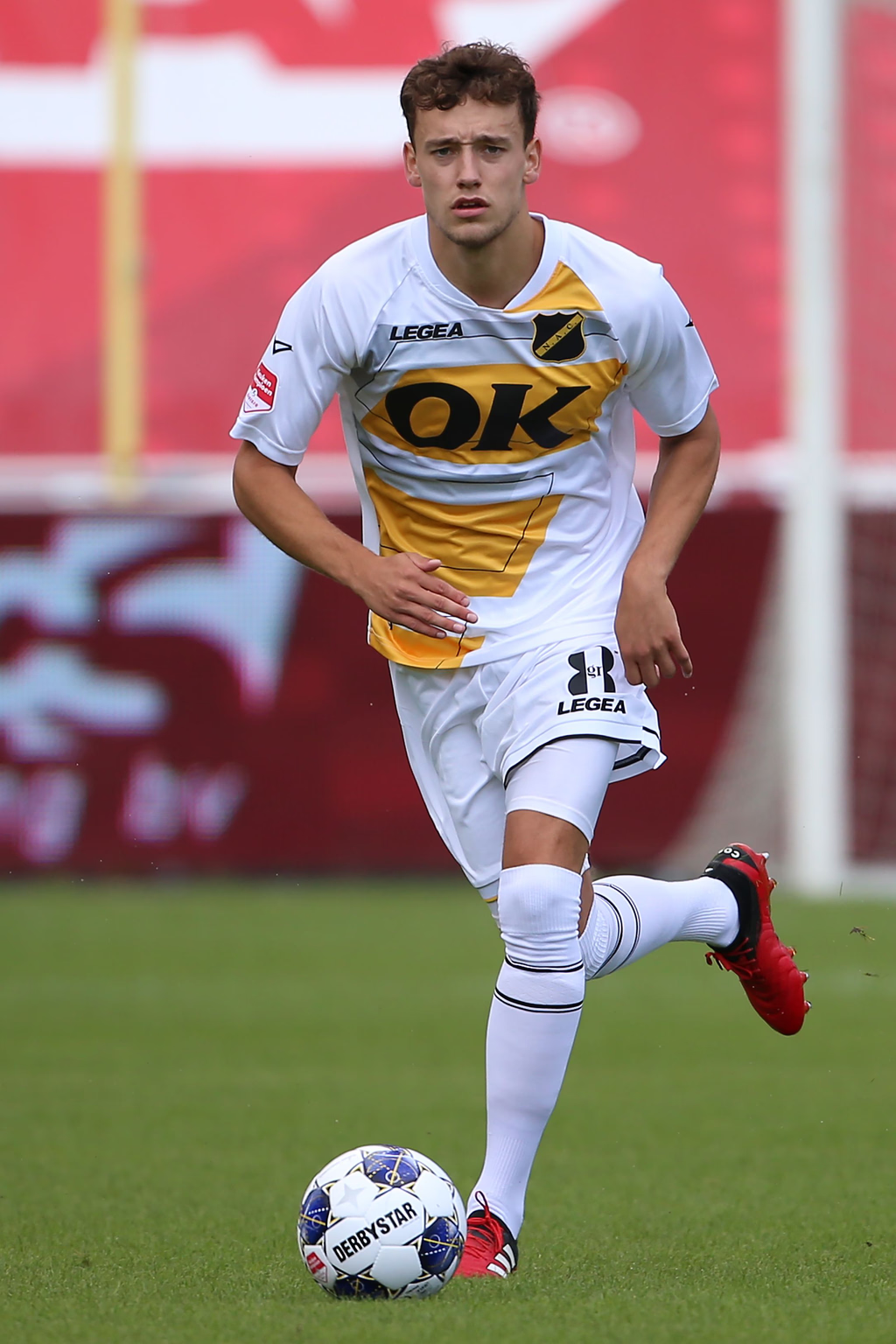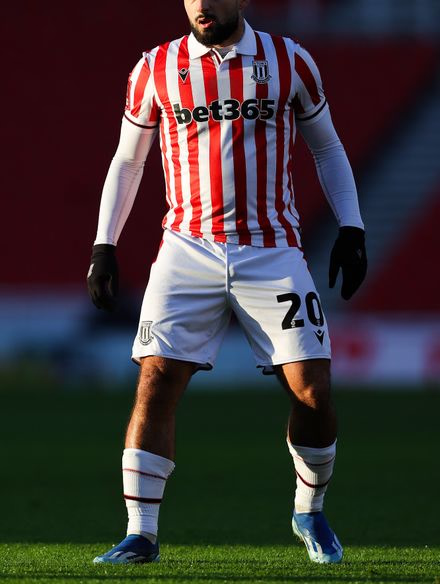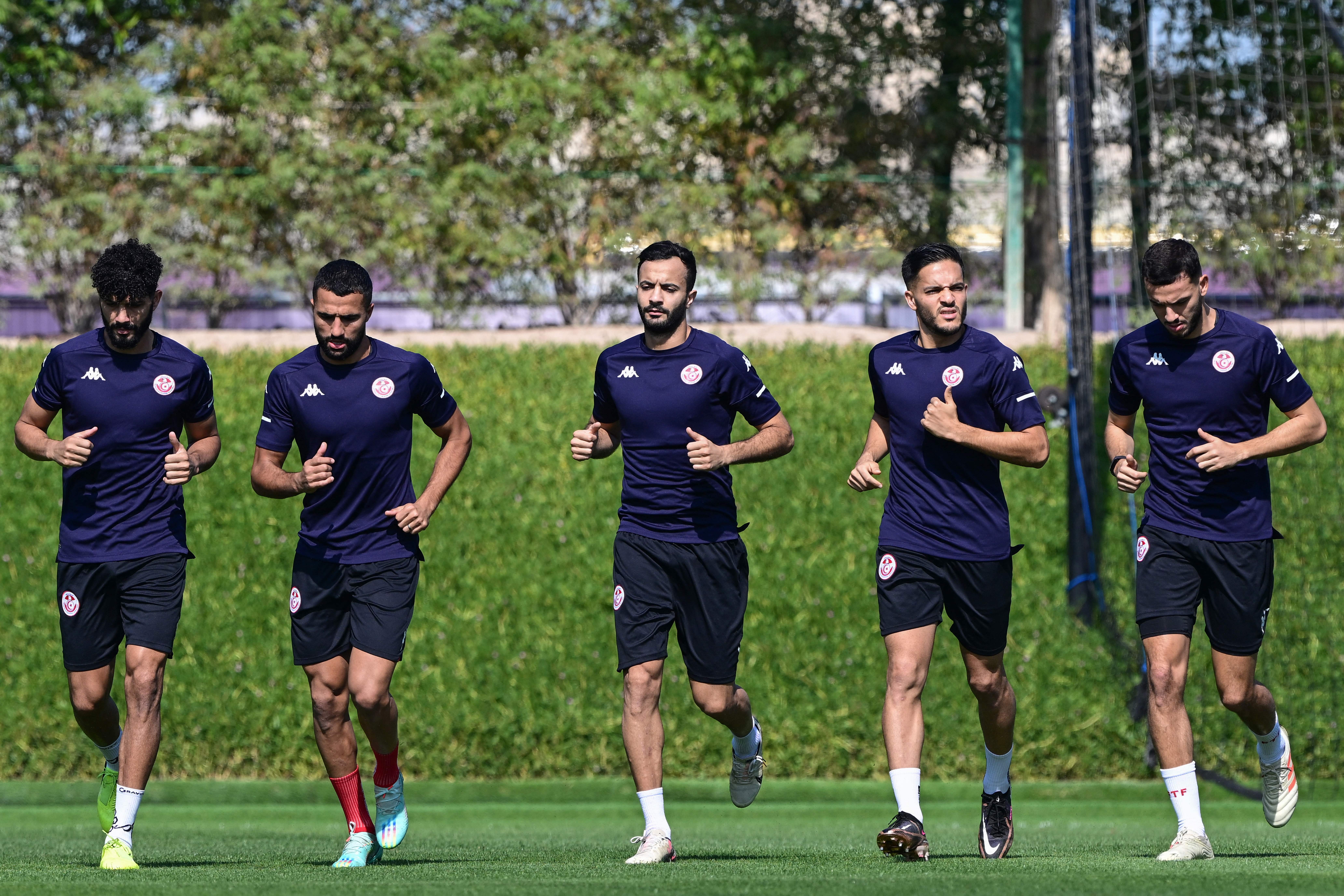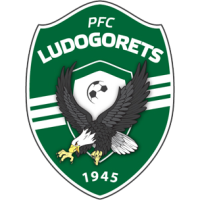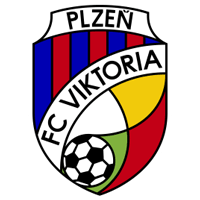Iberia vs Malmö: Resumen
In a tense UEFA Champions League first qualifying round encounter, SK Iberia 1999 hosted Malmö FF at the Mikheil Meskhis Sakhelobis Stadioni in Tbilisi, Georgia. The July 8th fixture marked the beginning of both clubs' European campaigns for the 2025-26 season, with the Georgian champions looking to leverage their impressive domestic form against the more experienced Swedish side.
The match highlighted the contrasting styles of the two teams, with Iberia's disruptive tactics and quick transitions challenging Malmö's possession-based approach. The home side, formerly known as Saburtalo until their recent rebranding, entered the match with confidence, having maintained an undefeated streak in the Georgian Erovnuli Liga with 13 wins and 5 draws from 18 matches.
Malmö FF, despite their richer European pedigree, came into the fixture with a more inconsistent form, currently sitting fifth in the Swedish Allsvenskan. The visitors, however, brought valuable experience from their previous Champions League group stage appearances, giving them a psychological edge in this high-stakes European fixture.
This first leg set the stage for what promises to be an intriguing return match in Sweden, scheduled for mid-July. The winner of this tie will advance to face either Levadia or RFS in the second qualifying round, moving one step closer to the prestigious league phase that begins in September with 36 teams competing for continental glory.
"We knew this would be a challenging test against a side with Malmö's European experience, but I'm proud of how our players approached the game. Our domestic form has given us confidence, and we wanted to show we can compete at this level as well," said Levan Korghalidze, SK Iberia's head coach.
"The atmosphere in Tbilisi was electric, and we felt the passion from the stands. Playing in these qualifying rounds is always intense, especially away from home. We've taken valuable lessons from this first leg that we'll apply when we host them in Sweden," reflected Henrik Rydström, Malmö FF's manager.
"Champions League nights are special, and this is what we've been working toward all season. The qualification path is demanding, but we believe in our ability to progress further in the competition," stated Iberia captain Giorgi Makaridze after the match.
"The Georgian champions showed why they've been dominant domestically. Their quick transitions caused us problems, but our European experience helped us manage key moments in the match," admitted Pontus Jansson, Malmö's experienced defender.
"This tie is perfectly poised for the return leg. Iberia demonstrated they're a technically proficient side with tactical discipline, while Malmö showed glimpses of the quality that has made them regular participants in European competitions," analyzed former European Cup winner and football pundit Kakha Kaladze for Georgian television.
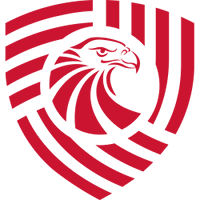
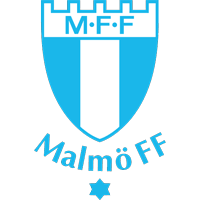
- Posesión del gol 53%47%
- 12Total de golpes11
- 5Tiros a puerta6
- 8Faltas cometidas14
- 3Saque de esquina2
Possession: SK Iberia 1999 44% - 56% Malmö FF
The Swedish side demonstrated their preference for controlling the ball, though Iberia's counter-attacking strategy didn't require dominant possession to create dangerous moments.
Shots (On Target): SK Iberia 1999 14 (5) - 12 (4) Malmö FF
Despite having less of the ball, the home team generated more attempts, showing their efficiency in transition phases.
Corners: SK Iberia 1999 6 - 5 Malmö FF
Yellow Cards: SK Iberia 1999 3 - 2 Malmö FF
The Georgian side's intensity occasionally crossed the line, with Gizo Mamageishvili, Bakar Kardava, and Irakli Sikharulidze all entering the referee's book. For Malmö, Colin Rösler and Jens Stryger Larsen received cautions.
Individual Performances:
Giorgi Makaridze (SK Iberia): The experienced goalkeeper made 4 crucial saves to keep his team in the contest.
Johan Karlsson (Malmö FF): The midfielder controlled the tempo with an impressive 91% pass completion rate and created 3 key chances.
Iuri Tabatadze (SK Iberia): Despite pre-match fitness concerns, the forward led his team's pressing efforts with 8 ball recoveries in the attacking third.
Daníel Gudjohnsen (Malmö FF): The Icelandic attacker completed 5 successful dribbles, the most of any player on the pitch.
3': Early warning from Malmö as Oliver Berg tested Iberia goalkeeper Makaridze with a powerful strike from 20 yards.
24': SK Iberia threatened on the counter with Giorgi Tabatadze firing just wide after a swift break down the right flank.
39': Yellow card for Iberia's Gizo Mamageishvili following a late challenge on Lasse Berg Johnsen in midfield.
45+2': Johan Karlsson nearly put Malmö ahead just before the break, his curling effort striking the crossbar with Makaridze beaten.
51': Tactical adjustment from Iberia coach Korghalidze, shifting to a more compact 4-5-1 formation to counter Malmö's midfield dominance.
67': Iberia's best chance fell to Derek Agyakwa, whose powerful header from a corner was brilliantly saved by Malmö's goalkeeper.
78': Malmö coach Rydström made a double substitution, introducing fresh legs to push for a valuable away goal.
89': Late pressure from the home side as they forced two corners in quick succession, but the Malmö defense held firm to preserve the deadlock heading into the second leg.
Cronología del partido
The encounter between SK Iberia 1999 and Malmö FF marks their first-ever competitive meeting, adding an element of unpredictability to this UEFA Champions League qualifier. With no historical precedent to draw upon, both teams had to rely on scouting and video analysis rather than direct experience.
While the clubs haven't previously met, there is limited history between Georgian and Swedish sides in European competition. Swedish teams have traditionally held the upper hand in such matchups, winning approximately 70% of previous encounters against Georgian opposition in UEFA tournaments.
The key tactical battle emerged between Iberia's captain Giorgi Makaridze and Malmö's experienced midfielder Johan Karlsson, with the latter's ability to dictate play challenged by the Georgian's defensive organization and leadership.
In defense, Malmö's Pontus Jansson used his considerable European experience to organize the backline against Iberia's quick transitions, particularly when facing the threat of Iuri Tabatadze.
The midfield duel between Gizo Mamageishvili and Oliver Berg provided another fascinating subplot, with both players showing technical quality and competitive edge in central areas.
The return leg in Sweden will be particularly interesting as both teams now have direct knowledge of each other's strengths and weaknesses. Malmö will likely approach the home fixture with greater aggression, while Iberia has demonstrated they can compete with the more established European side, setting up an intriguing conclusion to this qualifying tie.
While this UEFA Champions League qualifier exists outside of domestic competition, both teams' league positions provide important context for their current form and season objectives.
Georgian Erovnuli Liga:
- SK Iberia 1999: 1st place with 44 points from 18 matches (13 wins, 5 draws)
The Georgian champions have established a commanding 9-point lead at the top of the table, demonstrating remarkable consistency throughout the season. Their unbeaten domestic run has given them confidence for their European campaign, though balancing Champions League qualifying with maintaining their league position will present a challenge for Korghalidze's men.
Swedish Allsvenskan:
- Hammarby IF: 34 points
- Djurgårdens IF: 33 points
- AIK: 31 points
- Elfsborg: 30 points
- Malmö FF: 29 points
The 23-time Swedish champions find themselves in a tight title race, sitting fifth but only 5 points off the top. Malmö's relatively inconsistent form (57.48% win rate) has prevented them from climbing higher, though their experience in managing domestic and European campaigns simultaneously could prove advantageous as the season progresses.
Both clubs view Champions League qualification as a priority, with progression to the group stages representing not only sporting achievement but also significant financial reward. Advancing through the qualifying rounds would enhance their domestic campaigns, providing both momentum and resources.








